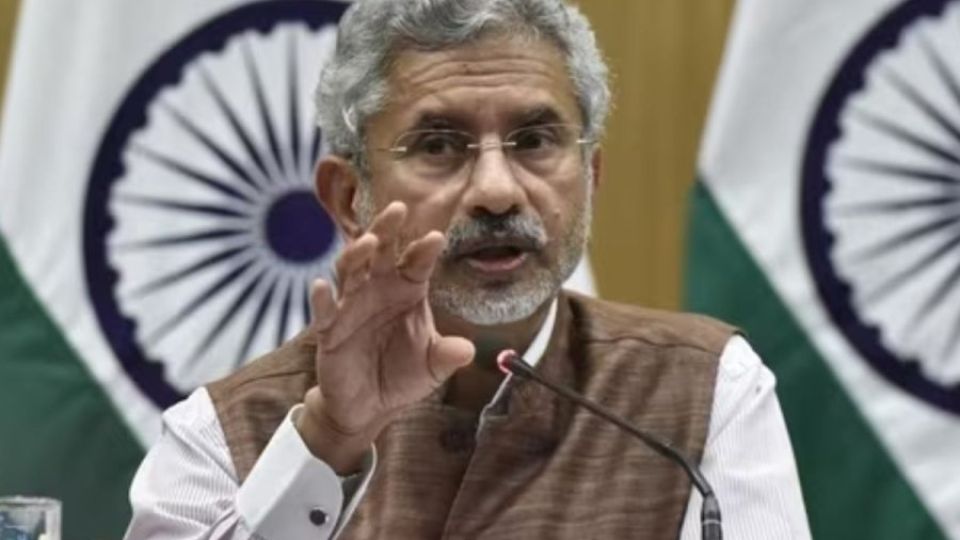October 23, 2023
NEW DELHI – Union External Affairs Minister S Jaishankar on Sunday said that India-Canada bilateral relations are going through a “difficult phase” and that India had to invoke the clause of parity, which is very much provided for by the Vienna Convention, after “continuous interference” in domestic affairs by Canadian diplomats.
“There’s this whole issue of parity that the size of how many diplomats there are of one country versus how many diplomats there are of the other country. Parity is very much provided for by the Vienna Convention, which is the relevant international rule on this. But in our case, we invoked parity because we had concerns about continuous interference in our affairs by Canadian personnel. We haven’t made much of that public,” he said while addressing an event in New Delhi.
“My sense is over a period of time more stuff will come out and people will understand why we had the kind of discomfort with many of them which we did,” the EAM added.
His remarks come days after Canada recalled 41 of its diplomats from India after New Delhi sought parity in diplomatic strength between the countries. Canadian foreign minister Melanie Joly said that their decision to withdraw diplomats came after India threatened to revoke their diplomatic immunity.
Canada also halted its visa services in Chandigarh, Mumbai and Bengaluru consulates and said overall visa procedure will slow down due to the repatriation of diplomats. Joly also accused India of violating the Vienna Convention on Diplomatic Relations.
The EAM further said that India-Canada relations are going through a “difficult phase” and New Delhi has problems with a “certain segment” of Ottawa’s politics.
“The relationship right now is going through a difficult phase. But I do want to say the problems we have are with a certain segment of Canadian politics and the policies which flow from that. Right now the big concern which people have is on visas. Some weeks ago, we stopped issuing visas in Canada because it was no longer safe for our diplomats to go to work to issue visas. So their safety and security was the primary reason we had to temporarily stop the issue of visas. We’re tracking it very closely,” he added.
Stating that ensuring the safety and security of diplomats is a crucial aspect of the Vienna Convention, Jaishankar affirmed hope that the situation will improve and the visa services will be resumed.
“My hope, my expectation is that the situation would improve in the sense that our people would have greater confidence in being able to do their basic duty as diplomats. Because ensuring safety and security of diplomats is the most fundamental aspect of the Vienna Convention,” Jaishankar said.
The ties between India and Canada had been strained for some time, but they further deteriorated after Canadian Prime Minsiter Justin Trudeau last month alleged New Delhi’s role in the killing of Hardeep Singh Nijjar, a Canadian citizen designated terrorist by Indian government.
India denied Trudeau’s claim, terming it “absurd and politically motivated”. India also demanded Canada to share the evidence based on which Trudeau leveled his allegations. Ottawa, however, didn’t provide any such information.


